Why the Public Is Negative on the Economy
The economic picture under Biden actually looks great—but he’s polling poorly anyway.
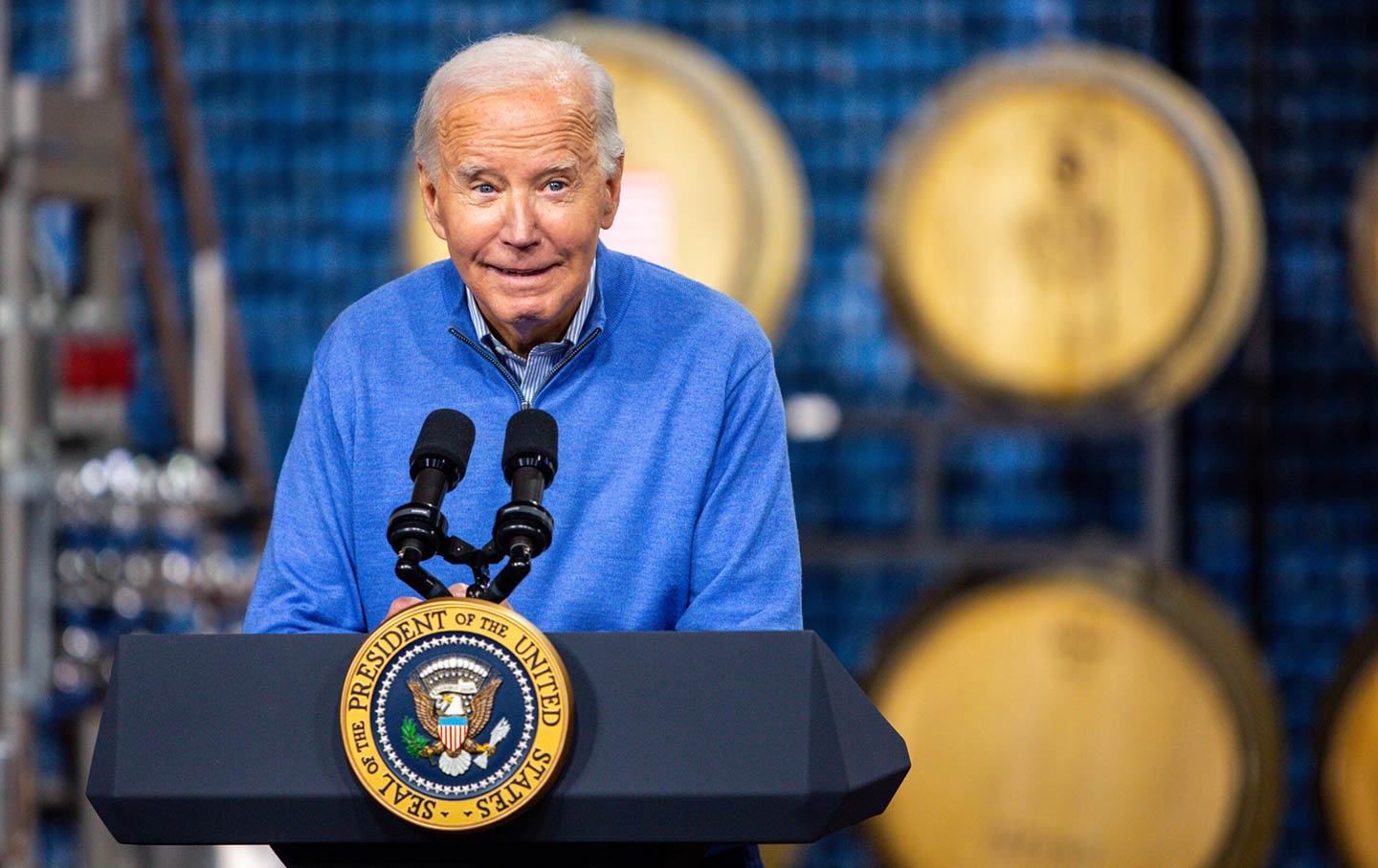
President Biden consistently polls horribly on the economy, giving Donald Trump an enormous edge on this key issue. More than half the public thinks unemployment is at a record high and the economy is in a recession.
These negative views are disturbing, since if people continue to believe that Trump is a better economic steward, it will be hard for Biden to win the election. But they’re extra alarming because they’re 180 degrees at odds with reality.
It’s worth highlighting some key facts about the economy under Biden. First, the unemployment rate is 3.7 percent. It has been under 4 percent for 24 consecutive months, a streak that has not been matched in more than half a century.
Unemployment is an issue not only for the roughly 6 million people who are currently unemployed, but also for the more than 5 million people who lose or leave their jobs every single month, with most subsequently joining the pool of people looking for new jobs. That means tens of millions of people (plus their immediate family members) have direct experience with the labor market over the course of the year—making those who care about the state of that market hardly a small minority.
Because of the strong labor market under Biden, tens of millions of workers have left bad jobs to take better ones. This is a great story: Workplace satisfaction hit a record high in the recovery.
The strong job market has also meant rising real wages. For all the complaints about high prices, wages have risen more rapidly and are now higher when adjusted for inflation than before the pandemic. Even better, the most rapid pay increases have been for those at the bottom end of the wage distribution spectrum. Much of the rise in inequality of the past four decades has been reversed in the past three years. And the Black/white wage differential has fallen to its lowest level on record.
Meanwhile, inflation is roughly back to its pre-pandemic rate. While most prices will not return to where they were before the pandemic, the prices of many items, like rents and used cars, are falling.
This is truly an incredible economic picture given that we faced the worst pandemic in more than a century. The United States has seen by far the best growth of any major economy during Biden’s term, and its inflation rate is among the lowest.
This great economic picture was not an accident. Just after taking office, President Biden pushed through his ambitious pandemic recovery package without a single Republican vote in Congress. He faced opposition not only from Republicans but from prominent Democratic economists. Larry Summers, who held top positions in both the Clinton and Obama administrations, denounced it as the most reckless economic policy in 40 years.
But this robust stimulus quickly brought the country back to near full employment, recharging a recovery that was weakening when Biden took office. Biden also passed an infrastructure bill, the CHIPS and Science Act, to boost domestic semiconductor production, and the Inflation Reduction Act. These bills have sustained the recovery, even as they laid the groundwork for longer-term sustainable growth.
Given all this, we have to ask why the public is so negative on the economy. It’s true that tens of millions of people are still struggling to pay for their food, rent, and other necessities. For them, the economy is horrible. But this was also true in 2019, before the pandemic, when most people said the economy was good. So that can’t be the reason.
A better explanation is the media. This seems borne out by the fact that most people are reasonably upbeat about their own economic situation and the economy in their local community. It is the national economy that they think is terrible.
This point is simple but important. People have direct knowledge of their own situation and community. They don’t have direct knowledge of the national economy, so their assessment of it must come from what they hear others say.
Fox News trashing the Biden economy is a given. But mainstream news outlets like The New York Times, The Washington Post, and CNN have also chosen to misrepresent the data to highlight the negative. A recent analysis from Brookings showed that the media have been far more negative on the economy under Biden than the data warrant.
Popular
“swipe left below to view more authors”Swipe →We have seen endless stories on how high prices for milk or gas or other items are devastating families. And major news stories don’t mention that for every family being hit hard by inflation, there is probably an autoworker or restaurant worker who has received a big raise.
In some cases, media outlets even seem to make things up. There have been numerous stories about how young people have given up on ever owning a home, even though homeownership rates are higher for young people now than before the pandemic.
A lot will happen between now and November. At the moment, almost all the economic signs are positive. The Democrats should tout that fact widely. Maybe even the media will notice.
More from The Nation
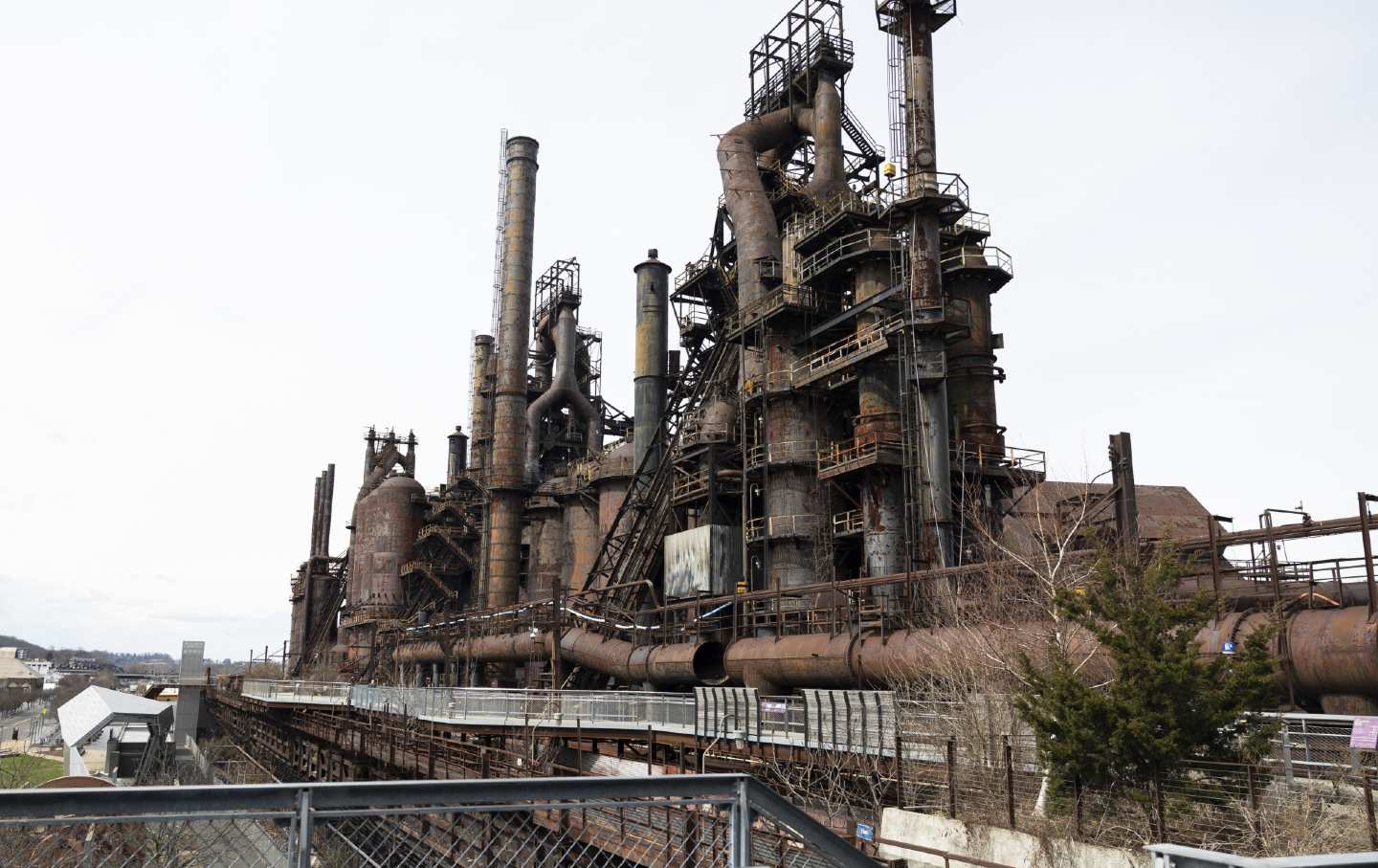
Why Bidenomics Was Such a Bust Why Bidenomics Was Such a Bust
A large majority of voters gave the Biden administration a failing grade on the economy. For the sake of future policy battles, it is worthwhile to try to understand their reasons...
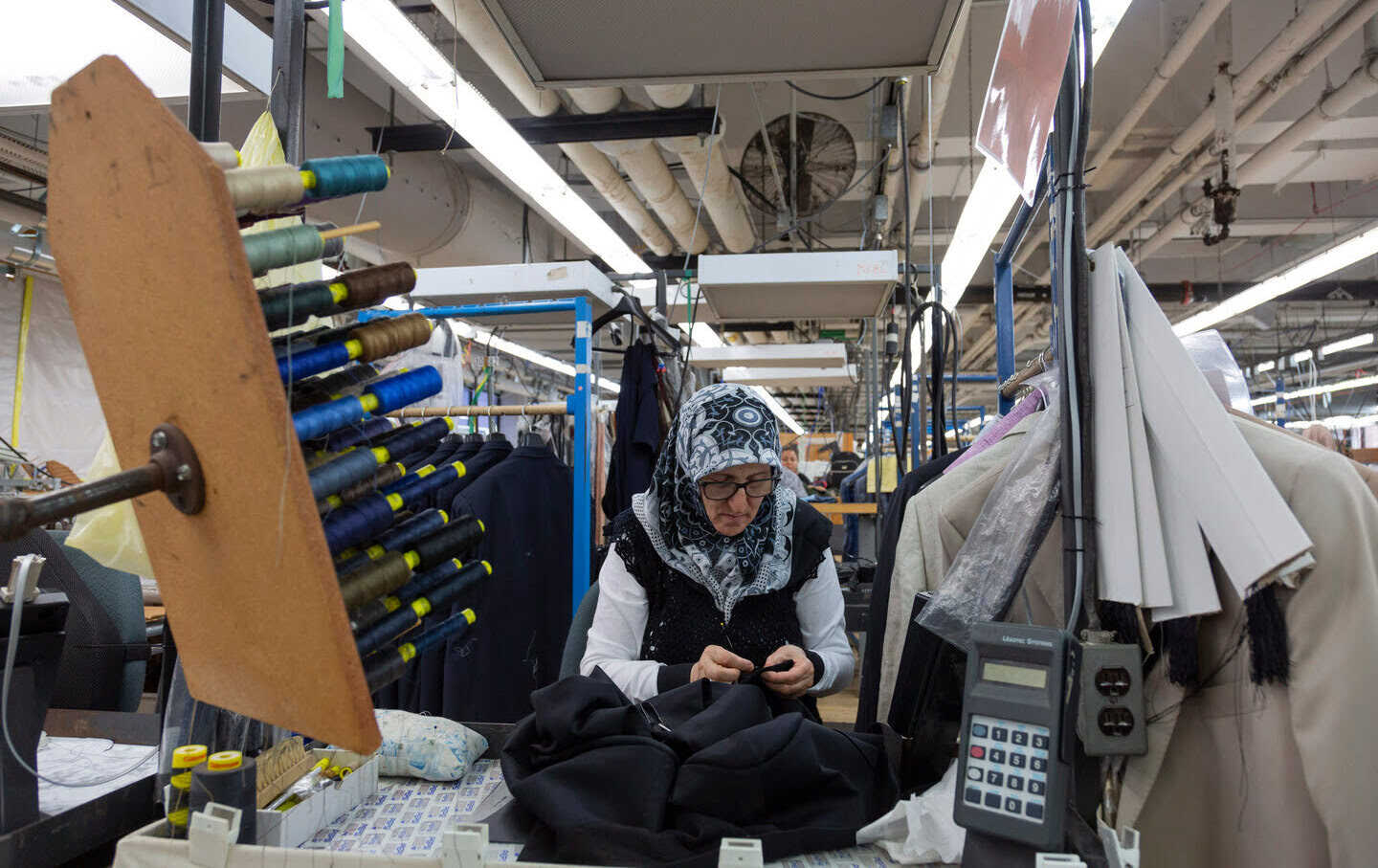
Hickey Freeman's Next Chapter Hickey Freeman's Next Chapter
This factory in upstate New York is a testament to the lasting legacy and future of the modern labor movement.
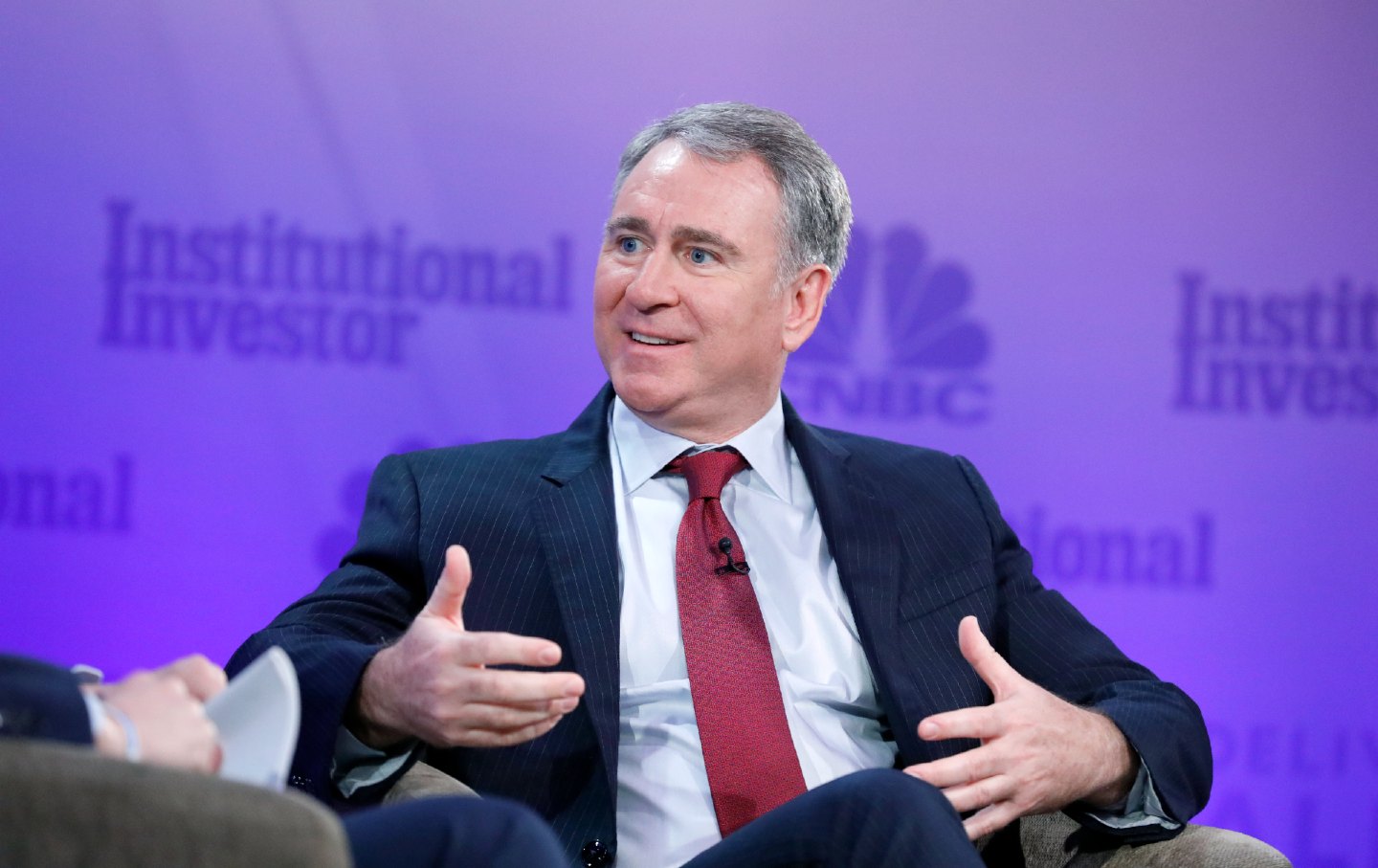
If You Don’t Know Who Ken Griffin Is, You Should If You Don’t Know Who Ken Griffin Is, You Should
How the press keeps us in the dark about the new Gilded Age.
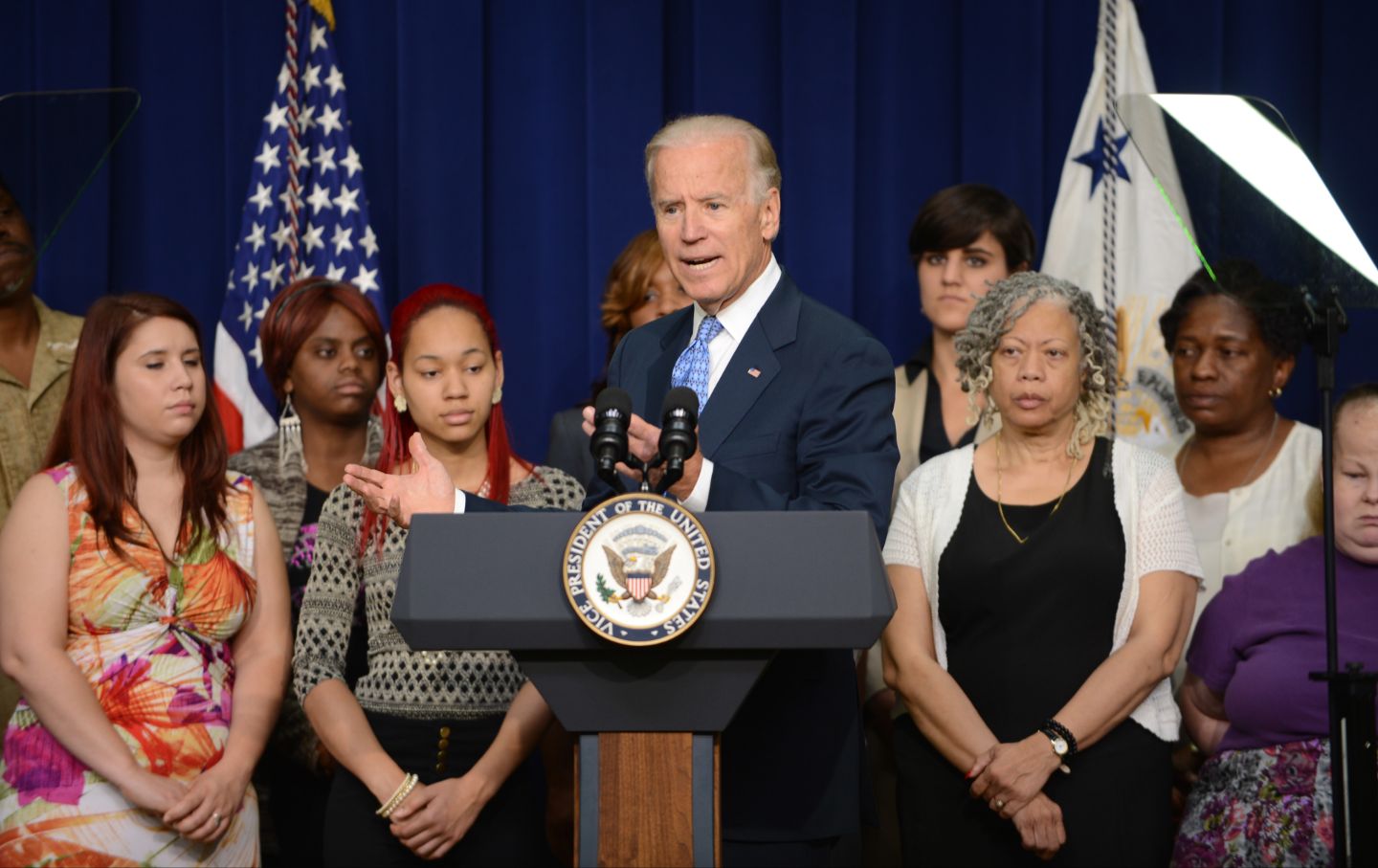
Millions of Workers Are Due More Overtime Pay. Will They Get It? Millions of Workers Are Due More Overtime Pay. Will They Get It?
New regulations are designed to expand the number of employees entitled to overtime. But the conservative courts have other ideas.

Ballet Dancers’ Next Move: Union Organizing Ballet Dancers’ Next Move: Union Organizing
Contract negotiations have brought higher pensions, mandated rest times, and increased wages for a job that requires intense schedules and years of training.

How Can We Wean Ourselves Off Our Country’s Military Dependency? How Can We Wean Ourselves Off Our Country’s Military Dependency?
Moving resources and skills and jobs from the military-industrial complex to civilian sectors is a big project. But it could start in your own community.


